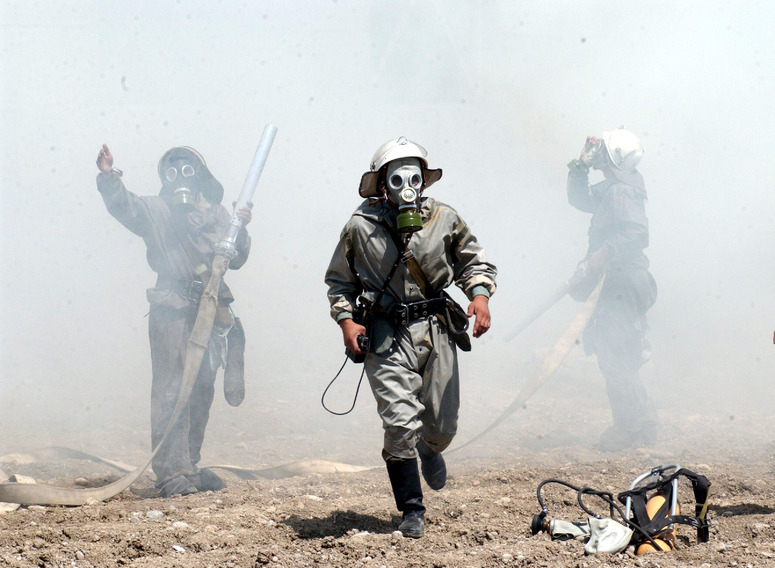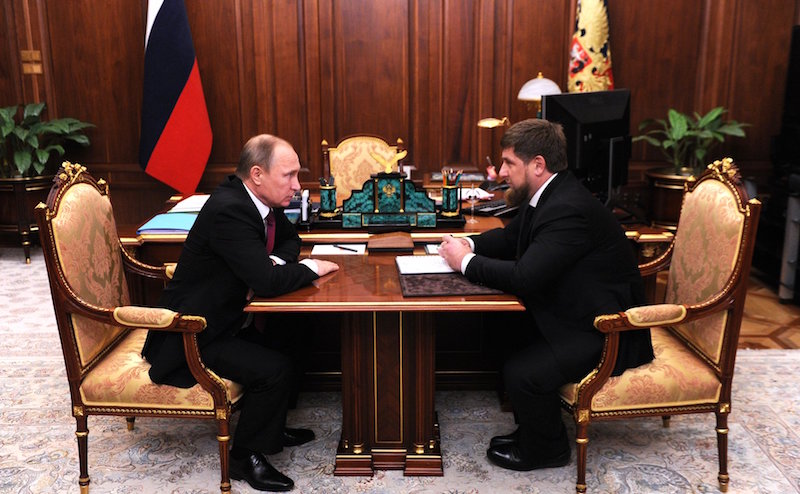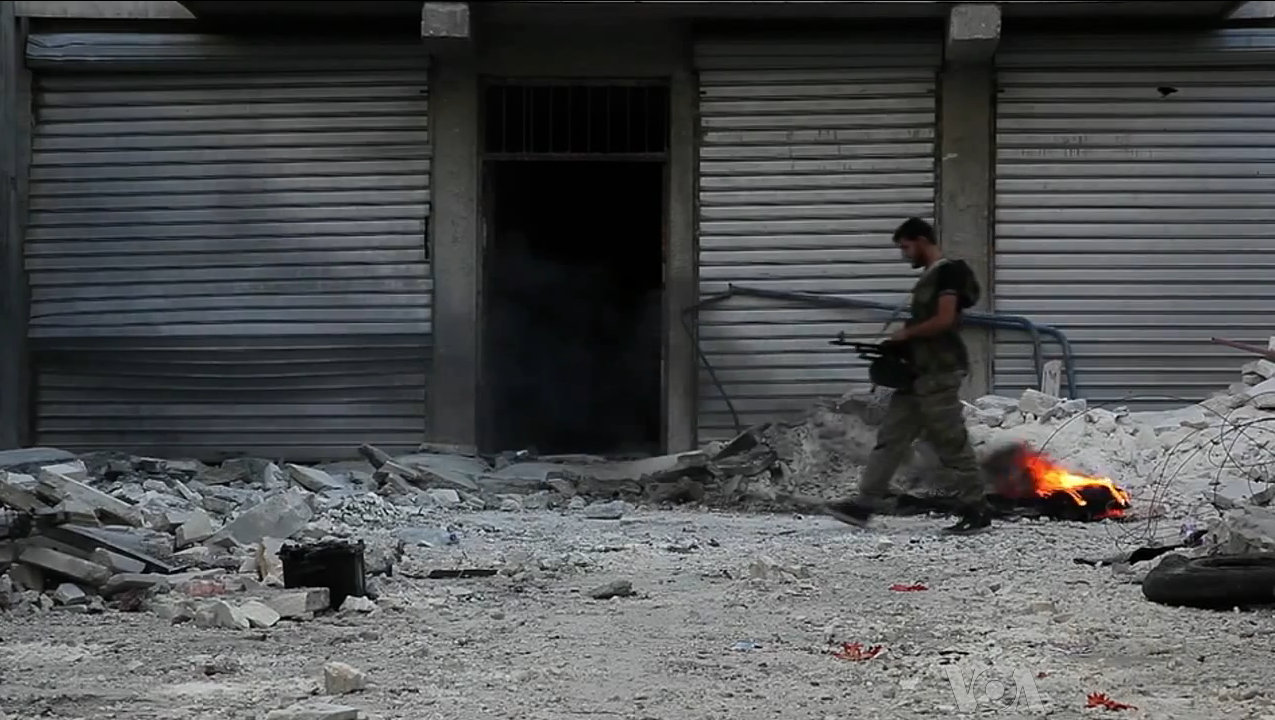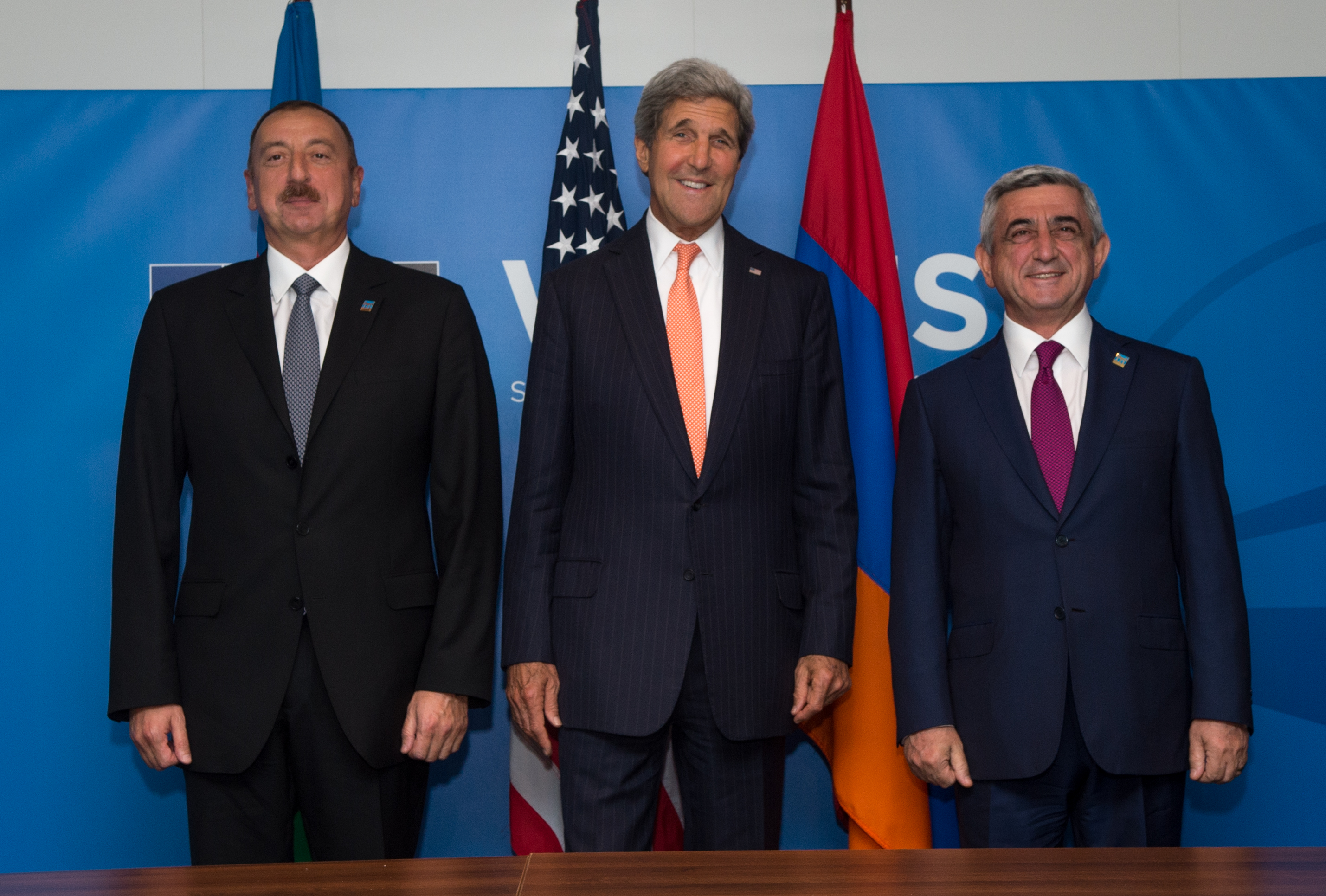From May 9-10, 2016, the 12th annual NATO Conference on Arms Control, Disarmament and Non-proliferation took place in Ljubljana, Slovenia. The conference, which provided an opportunity for “open and informal dialogue,” brought together both NATO member countries, and other state and non-state partners from around the world to discuss and develop a comprehensive approach to countering the proliferation of weapons of mass destruction (WMD) and their delivery vehicles.
Given the recent conclusion of the final Nuclear Security Summit in April 2016, in addition to a rapidly expanding North Korean nuclear weapons program, the proliferation of WMDs is no doubt an issue of grave concern for NATO members. In his opening address to the conference, NATO Deputy Secretary-General Alexander Vershbow stated:
The use of CBRN by states and by terrorists, as well as the potential for accidents or natural disasters such as in Fukushima, is real. Our people and our infrastructure are potentially vulnerable, so it is important that we don’t wait until something happens before doing something about it…We need to do everything we can to prevent the spread of WMD to state and to non-state actors.
Consequently, with the proliferation of these weapons continuing to pose a challenge to its members and partners, the Alliance’s role in countering this threat is a subject that is generally overlooked in discussions surrounding its relevance as a global military alliance. However, while it has set up a number of internal institutions that support global efforts, the Alliance’s response to WMD arms-control and non-proliferation issues, as I argue here, is heavily driven by regional concerns surrounding the security of its members.
Non-proliferation or Extended Deterrence?
In considering NATO’s approach to countering the proliferation of nuclear weapons to rogue states and non-state actors, a critical assessment of its thinking on these WMDs is necessary. By design, given the American and European possession of nuclear weapons, NATO has been a nuclear alliance since its inception, but has always viewed them as a defensive capability. As noted in the 2014 Wales Summit Declaration, “The Alliance is resolved to seek a safer world for all and to create the conditions for a world without nuclear weapons…in a way that promotes international stability and is based on the principle of undiminished security for all.”
In examining these public statements and doctrines more closely, however, one cannot help but notice that while countering the proliferation of WMDs is an issue of significant importance for the Alliance, so too is the continued maintenance of its nuclear arsenal. At the 2014 Wales Summit for instance, NATO members highlighted the importance of the nuclear arsenal, noting in the final declaration that “As long as nuclear weapons exist, NATO will remain a nuclear alliance. The strategic nuclear forces of the Alliance, particularly those of the United States, are the supreme guarantee of the security of the Allies.” Consequently, given the existence of its arsenal for the purposes of deterrence, the Alliance appears to operate under a contradictory non-proliferation policy in favor of the security of its allies. It publicly supports multilateral efforts at nuclear reductions and arms control, while its members maintain the robustness of their arsenals, which ultimately make up the Alliance’s deterrence capability.
This contradiction appears more apparent in the value that NATO places on the global non-proliferation regime. In relation to the Alliance’s position on international arms control, disarmament and non-proliferation, as indicated in its Deterrence and Defence Posture, “Both the success and failure of these arrangements can have a direct impact on the threat environment of NATO and therefore affect NATO’s deterrence and defence posture.” Additionally, as further stated in the Wales Summit Declaration, the proliferation of nuclear weapons and other WMDs, as well as delivery vehicles, by states and non-state actors presents a threat to NATO “populations, territory, and forces.” As such, the Alliance is certainly committed to global disarmament and non-proliferation objectives, but not at the cost of the security of its allies.
Critical Engagement: A Way Forward
As long as nuclear weapons exist, and opportunities for non-state acquisition of these materials remain present, the global proliferation of these WMDs will continue to threaten the security and territory of NATO members. Consequently, the Alliance should remain committed to fostering discussion and global public policy solutions to this salient international security threat, and further strengthen allied cohesion towards global disarmament and arms control.
Perhaps, given developments in North Korea and concerns over future Iranian violations of the Joint Comprehensive of Agreement, allied policymakers are becoming increasingly cynical of any meaningful role for NATO in tackling these issues. Since Russia is a pivotal player in global disarmament efforts as well, its deteriorating relations with the West will only hamper any future progress on this matter. However, as recently stated in Slovenia by Ahmet Üzümcü, Director-General of Organization for the Prohibition of Chemical Weapons, continued cooperation with “NATO and other international and regional organisations” is critically important to countering the proliferation of WMD.
Photo: Courtesy of the North Atlantic Treaty Organization.
Disclaimer: Any views or opinions expressed in articles are solely those of the authors and do not necessarily represent the views of the NATO Association of Canada.




